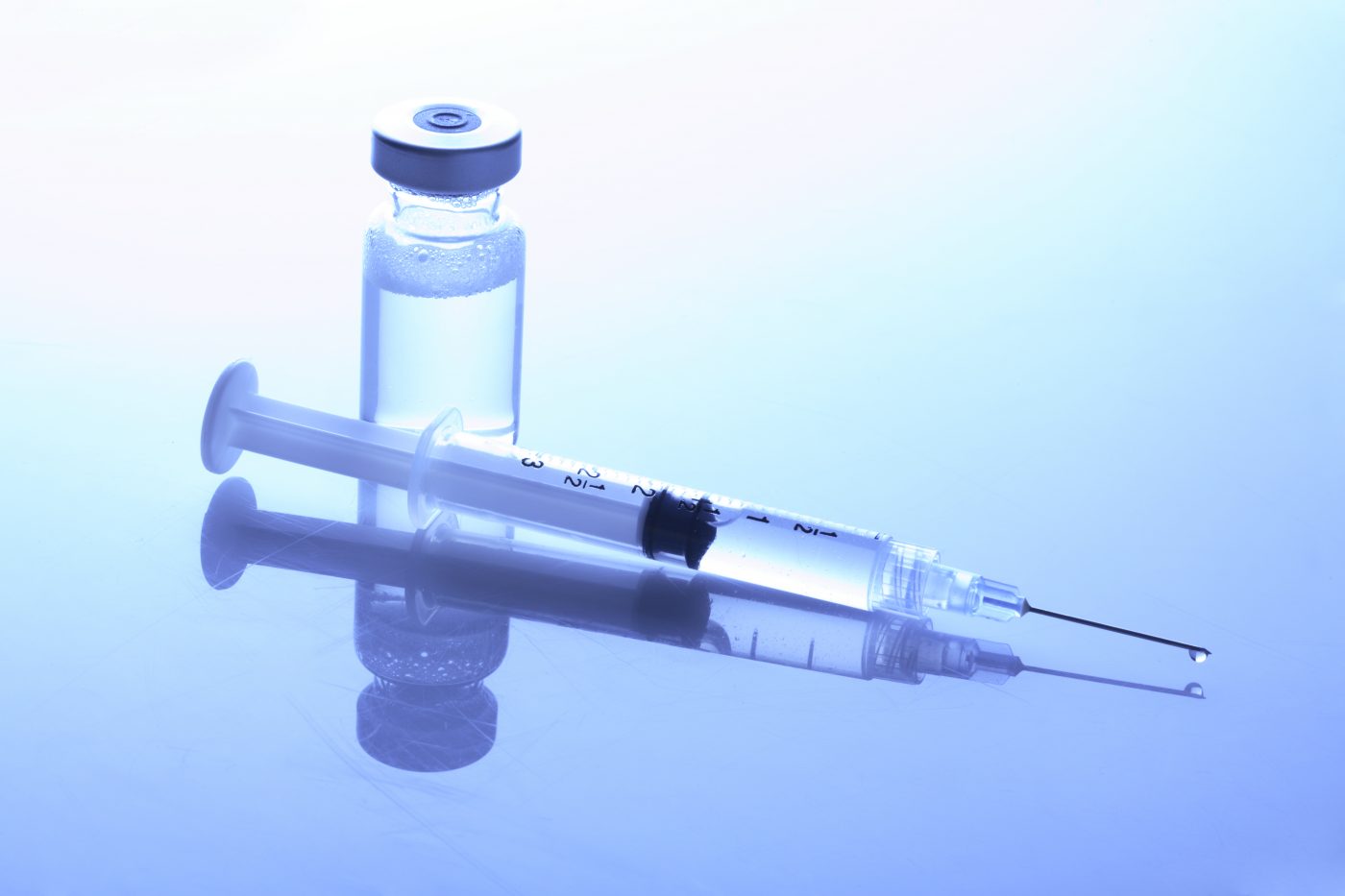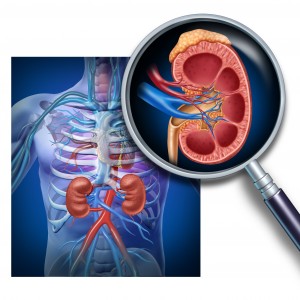Case Reports Outline Successful Administration of H.P. Acthar Gel in Patients with Kidney Disorders
Written by |

 Mallinckrodt Pharmaceuticals recently announced two presentations during the 2015 Spring Clinical Meetings of the National Kidney Foundation (NKF) showing independent reports of positive results with the H.P. Acthar Gel in proteinuria’s remission. Proteinuria (excess of protein in urine) is linked to the nephrotic syndrome, which is characterized by the leakage of blood vessels in the kidney and observed in some rare, severe kidney disorders. Proteinuria and kidney damage can be caused by several diseases, including lupus nephritis, an autoimmune disease where the body’s own immune system attacks the kidneys causing inflammation and potentially leading to kidney long-term damage and failure.
Mallinckrodt Pharmaceuticals recently announced two presentations during the 2015 Spring Clinical Meetings of the National Kidney Foundation (NKF) showing independent reports of positive results with the H.P. Acthar Gel in proteinuria’s remission. Proteinuria (excess of protein in urine) is linked to the nephrotic syndrome, which is characterized by the leakage of blood vessels in the kidney and observed in some rare, severe kidney disorders. Proteinuria and kidney damage can be caused by several diseases, including lupus nephritis, an autoimmune disease where the body’s own immune system attacks the kidneys causing inflammation and potentially leading to kidney long-term damage and failure.
H.P. Acthar Gel (repository corticotropin injection) corresponds to an injectable drug approved by the U.S. Food and Drug Administration (FDA) for the treatment of 19 conditions, including proteinuria in idiopathic types of nephrotic syndrome or due to lupus erythematosus, acute exacerbations of multiple sclerosis in adults, infantile spasms in children under two years old, and certain rheumatology-related conditions.
The first presentation showed the results of a case series of nine patients diagnosed with membranous lupus nephritis, IgA nephropathy, or minimal change disease. Researchers found that after receiving Acthar treatment for at least six months, seven of the patients had a reduction of 30% or more in proteinuria with two patients having a complete remission of the condition. Overall, Acthar was well tolerated by the patients.
“There is a tremendous need for additional therapeutic options for treatment-resistant nephrotic syndrome,” said the nephrologist who presented these results, Dr. Anupa Khastgir in a news release. “In this case series, Acthar was shown to produce clinically meaningful reductions in proteinuria in this diverse group of patients, several of whom had failed at least one prior therapy for nephrotic syndrome.”
The second presentation at the NKF meeting focused on a case review of a patient with an extremely rare kidney disorder called fibrillary glomerulonephritis (FGN) with advanced kidney failure. Upon Acthar treatment for eight weeks, the therapy was well tolerated and the patient achieved partial remission of proteinuria. “There are no randomized, controlled trials to inform treatment decisions for patients with idiopathic FGN, and retrospective studies have not shown significant benefit from a variety of immunosuppressive therapies,” said Dr. Dmitri Vasin, who treated the patient with FGN. “FGN is a rare but extremely serious diagnosis, and I’m eager to share with fellow clinicians my patient’s response to treatment with Acthar.”
Proteinuria is one of the main adverse prognostic factors for end-stage renal failure in patients with chronic renal disease, like in patients with lupus nephritis. Acthar Gel may therefore represent a potential treatment for lupus nephritis and other disorders linked to the nephrotic syndrome.
“The National Kidney Foundation was founded as an advocacy organization to promote research to help children with nephrotic syndrome,” concluded the Chief Scientific Officer at NKF Dr. Kerry Willis. “We are gratified that advancements continue to be made in this critical area of unmet need for patients of all ages.”




